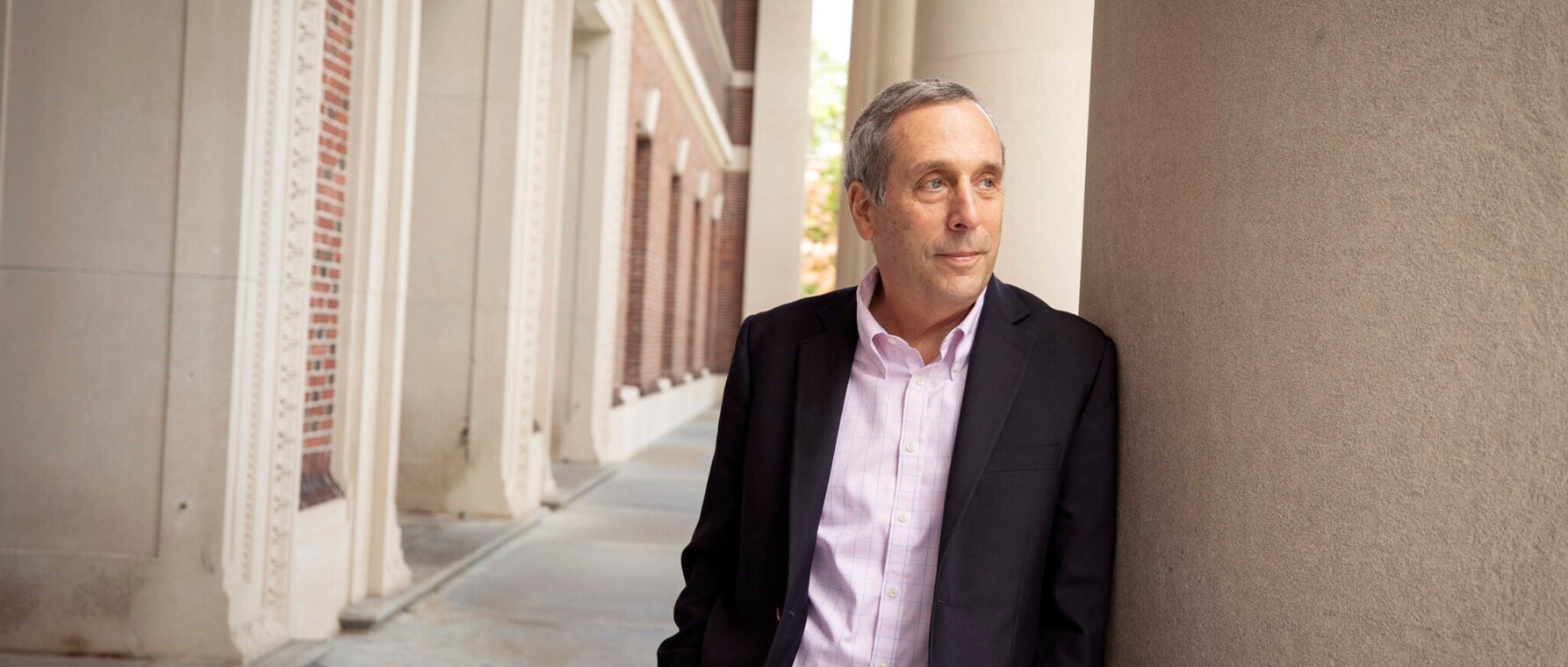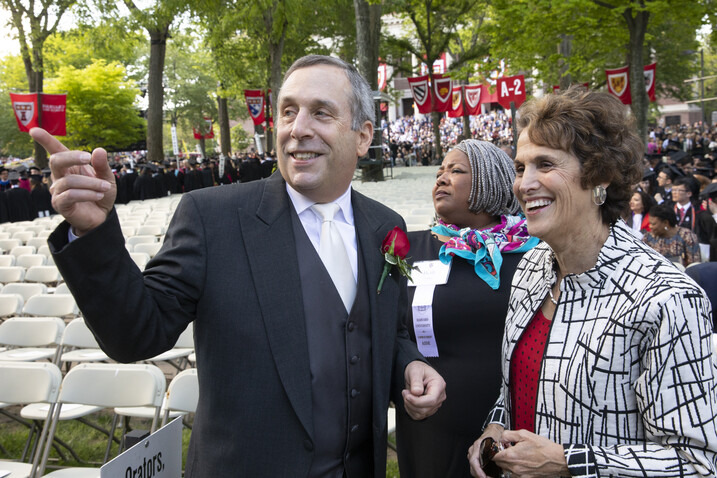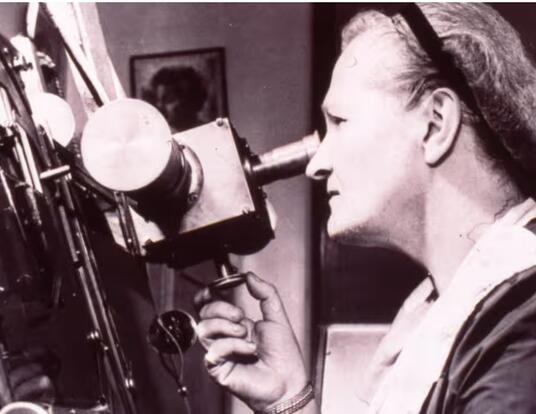Leadership Lessons
GSAS Voices: Lawrence S. Bacow, PhD ’78

Throughout its 150th anniversary year, GSAS is foregrounding the voices of some of its most remarkable alumni and students as they speak about their work, its impact, and their experiences at the School.
Before he was chancellor of MIT and before he was president of Tufts or Harvard, Larry Bacow was one of the country’s leading scholars on environmental policy and dispute resolution. He talks about starting down that path at GSAS and developing leadership skills while studying for his PhD.
"NIMBY"
One of my advisors at GSAS was John Dunlop, a former dean of the Faculty of Arts and Sciences, who had just stepped down as secretary of labor in the Ford Administration. The Occupational Safety and Health Act had been adopted by the federal government a few years before. I was very interested in regulatory policy. John suggested I explore the relationship between collective bargaining and regulation of occupational safety—and that became the topic of my dissertation.
After graduation, I started teaching at MIT, where I’d studied economics as an undergraduate. They were interested in having me teach about environmental policy and environmental economics. From a regulatory perspective, the stuff that comes out of a smokestack in a factory is harmful not only to the environment but also to the workers, so it wasn’t much of a stretch for me to focus on those issues, as I did for much of my 24 years at MIT.

Initially, I did a lot of work on environmental impact assessment and on siting issues. Where do we put things that a society needs but nobody wants to live next to—airports, prisons, hazardous waste facilities, nuclear power plants, oil refineries, etc.? These projects have broadly distributed social benefits and locally concentrated social costs. So, from an economic perspective, they may be net beneficial, and there may be many beneficiaries, but on a per capita basis, they each receive modest benefits. The social costs tend to be concentrated on the few who live adjacent to where the project is going to be. So it's very easy for them to organize and be heard.
I co-authored a book on the problem, Facility Siting and Public Opposition, in which we coined the term “NIMBY”—not in my backyard. That led to Environmental Dispute Resolution, a book I wrote with [Harvard Business School Professor] Michael Wheeler on how to resolve siting and other environmental disputes without resorting to the courts. It turned out that the people who were interested in what we had to say about siting issues and dispute resolution were often those who wanted to build things like public housing projects and regional shopping centers. That work got me interested in real estate and led me to focus for the next few years on real estate capital markets. One of the nice things about being an academic is that it allows you to follow your curiosity.
Managing Change
What I learned as a student at GSAS—from faculty who were also educated at GSAS—became valuable to me when it was time to actually run an organization. I didn’t know it at the time, but when I reflect back upon what I learned from people like professors Richard Neustadt, Graham Allison, and Mark Moore, it was enormously important for getting things done in a bureaucracy. Professor Richard Zeckhauser, who was on my dissertation committee, taught me about the power of analytical tools to advance or frame an argument and inform a position. Professor Tom Schelling, who won the Nobel Prize for economics, showed me the importance of building an unblocked coalition. Universities are collegial institutions, and there's this belief that everybody needs to agree on everything. But what you actually need to do is to assemble a coalition that no other group is capable of blocking. That's a very powerful concept for thinking about how to manage change in an organization. And if you’re not managing change, you're not leading—you’re presiding.
Banner photo by Stephanie Mitchell, Harvard Staff Photographer
Get the Latest Updates
Join Our Newsletter
Subscribe to Colloquy Podcast
Simplecast





